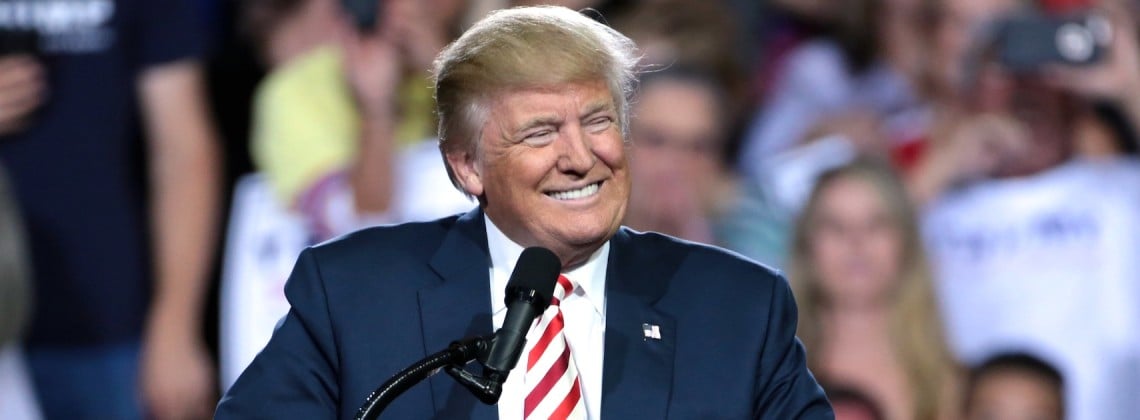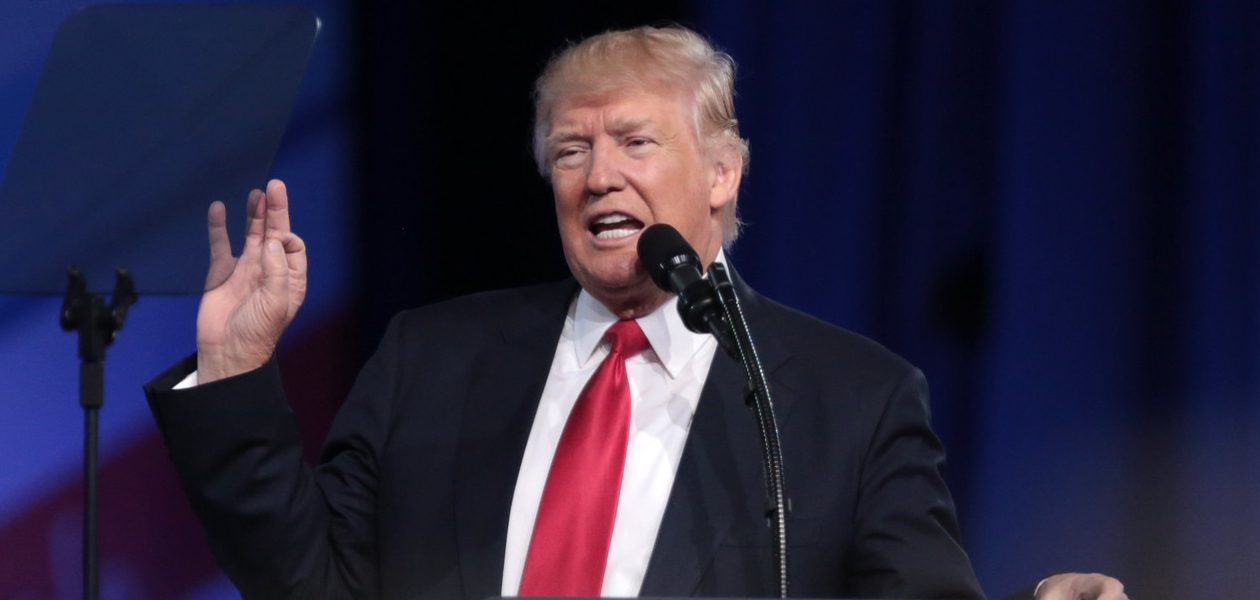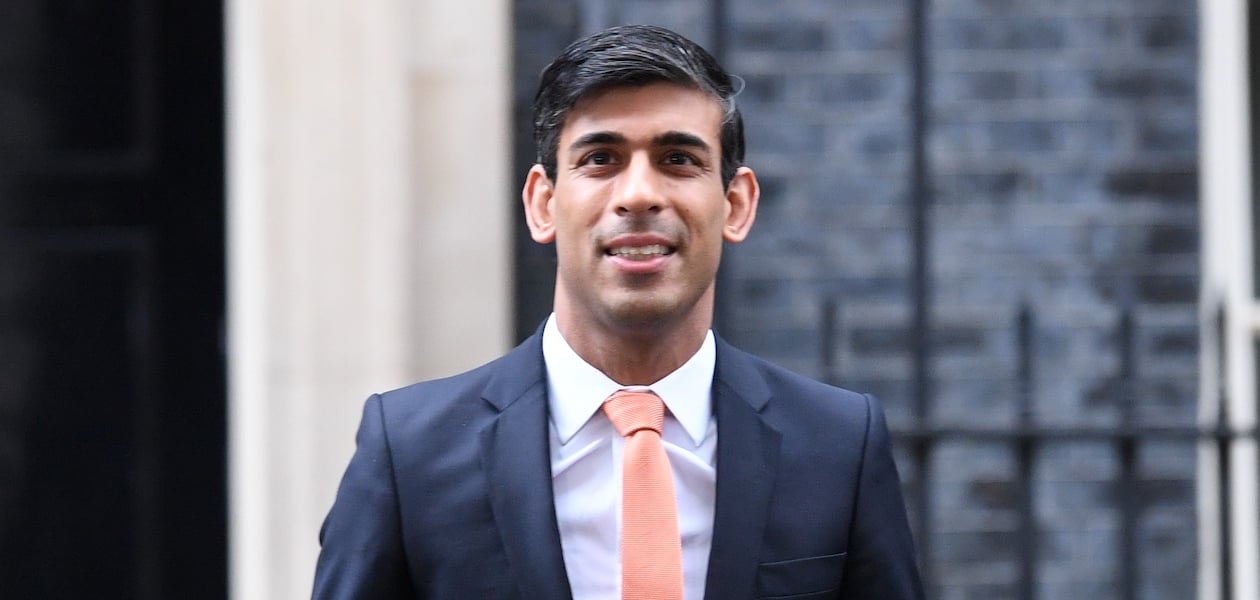
2024 US Presidential Election: Donald Trump’s stronger in the market despite indictment
Patrick Flynn
6 April 2023
The previous consensus in politics was that scandals and controversies damaged politicians’ careers and electoral prospects. The consequences are borne out by election results (as political data nerds can prove). Sometimes, these scandals end with leaders being ousted, but the effects are usually picked up earlier by betting markets.
In the recent Scottish First Minister race, controversies over some of Kate Forbes’ social views were seized upon by traders, with Forbes falling from a 54% chance of winning to just over 10% in the space of 48 hours in mid-February, even in the absence of high-quality opinion polling. While she managed to claw back her position somewhat, Forbes still lost and it’s hard to argue that the controversies didn’t damage her electorally.
Before the Partygate scandal broke in November 2021, Boris Johnson was rated a 27% chance of leaving his post by the end of 2022 in the prediction markets. By Christmas, that prospect had surged to an odds-on shot (i.e. it was considered more likely than not). As we saw, Johnson ended up resigning from office and the Conservatives now sit at just a 13% chance of winning a majority next time round.
You’d be forgiven, then, for thinking Trump’s 2024 chances would have slipped after his recent criminal indictment, but the prediction markets seem to have other ideas. Trump is facing charges which could, in theory, see him end up behind bars, yet his prospects have in fact climbed in recent weeks. The former president now sits at a 58% chance of winning the Republican nomination on Smarkets, with a 27% chance of being elected president next November.

While I would argue this indictment makes him marginally less likely to win the presidency were he to win the Republican nomination, it’s understandable that Trump’s chance of winning that nomination has increased in the markets for a number of reasons. One factor that I, as a political betting analyst, take into account is how easy a scandal is for the average person to understand.
When it came to Partygate, perhaps the most damaging effect on Boris Johnson was its simplicity. The controversy could be easily summarised for those not really switched on to politics: “While you were locked in your homes and couldn’t see loved ones, Boris Johnson, who enforced the lockdowns, was breaking the rules and partying”.
Trump, on the other hand, is fortunate that his headline charge concerns how he allegedly paid money to a pornographic actress to keep quiet about an affair, to which the response of many low-attention voters will (rightly or wrongly) be “so what?”
Almost one in four voters said they didn’t know whether Trump should be charged with a crime in a recent poll, a figure which will no doubt be higher among the least politically engaged. Explaining the actual ins and outs of how Trump allegedly falsified business records and made the payment through his lawyer, then falsely claimed it as a legal expense, may be a losing game for some voters. As the old political proverb attributed to Ronald Reagan goes, “if you’re explaining, you’re losing”.
The complexity of the charge doesn’t explain everything about Trump’s current position in the betting markets, though, because he has form for escaping scandals that would have damaged others. Take the Capitol riots. A sitting president’s refusal to accept election results would have, without question, ended a political career in times gone by. It’s also difficult to imagine someone getting away with that in the UK.
At the time, many leading US outlets ran pieces which claimed “Trump’s political career is over”. Others said the insurrection “ha[d] probably finished him as a serious political figure”. Despite being temporarily damaged, though, Trump managed to get out of the insurrection scandal relatively unscathed.

Rishi Sunak: British prime minister picked up a second fine in January
Though politicians facing legal charges against them is nothing new, it seems to be increasingly common. Boris Johnson became the first British prime minister found to have broken the law with his Partygate fine, and Rishi Sunak one-upped his old boss by getting a second fine in January. As I mentioned earlier in this piece, Johnson’s rule-breaking ended up bringing him down, as the betting markets thought likely.
Over in Israel, Benjamin Netanyahu’s indictment on bribery and fraud charges didn’t cause any major market movements in terms of his future prime ministerial prospects, but his position is still shaky, as recent protests showed.
However, it’s one thing for a scandal to merely not damage someone. For it to end up directly benefiting them puts us into new political territory entirely.
Any Trump scandal seems to unite Republicans behind him, meaning there is no such thing as bad news for the former president (even Ron DeSantis, his biggest rival for the Republican nomination, called the indictment “un-American”).
This type of thing has been brewing in the United States for decades, and it’s the hyper-partisan media age writ large: controversy drives views and clicks, scandal gets engagement. For some social media channels and news stations, content is value-neutral and all engagement is therefore good engagement. To see this logic finally feed into politics may be a clear sign that a new political era is upon us. With their own money on the line, traders are often the first to see it. I’d struggle to bet against them in this case.
Patrick Flynn
6 April 2023


